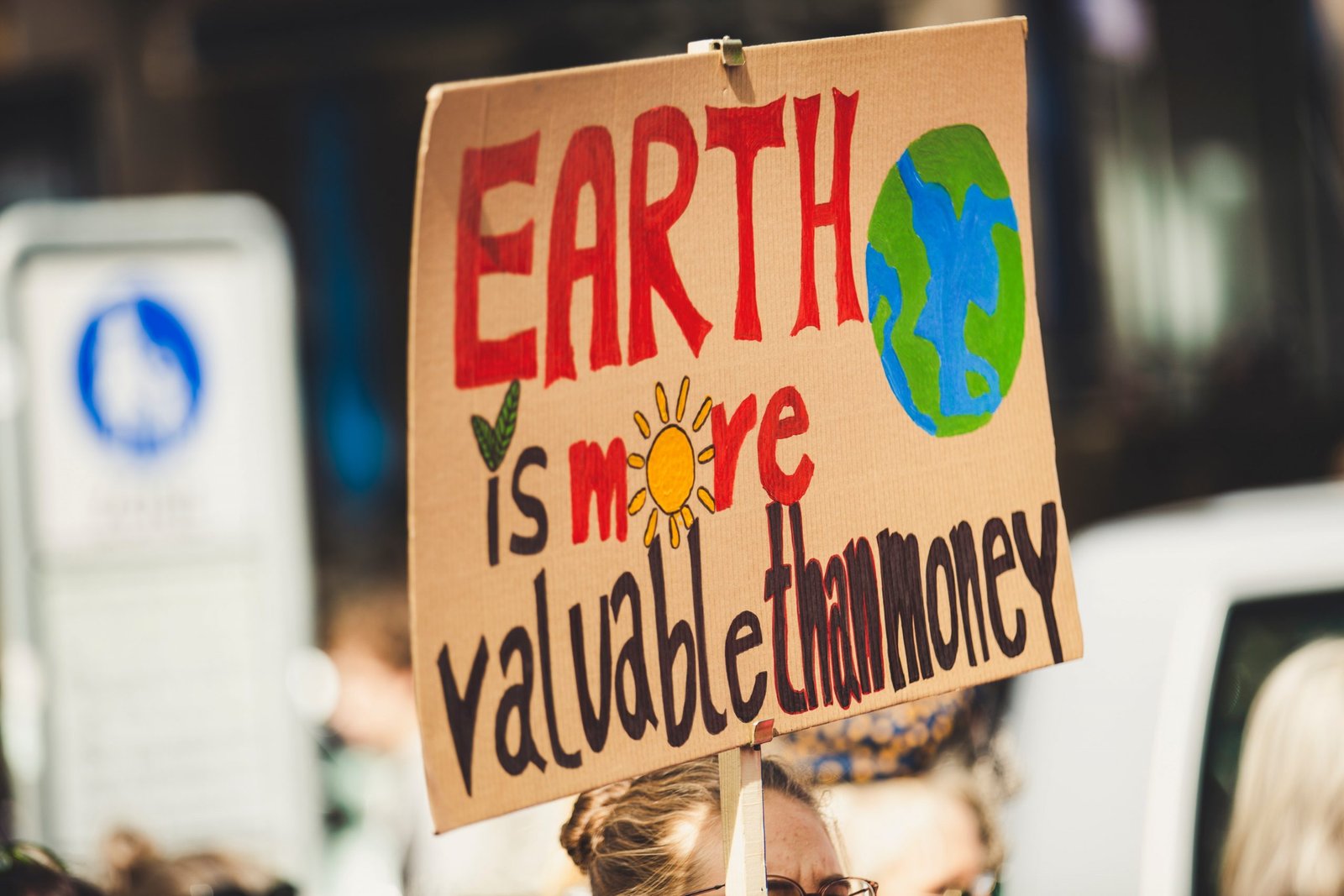
How Can Individuals Contribute To The Formation Of Circular Economy?
As the years go by, it’s becoming more apparent that our planet can’t sustain the amount of waste we generate.
Simply put, the linear economy we live with puts too much strain on nature.

On the one hand, it has to provide us with the raw materials we need to keep our industrial sectors going. However, it also has to absorb and disintegrate the waste we keep burying in landfills.
Basically, the items that are produced in a linear economy are meant to be used up and tossed away. So the system itself is made around waste accumulation. The only way to alleviate the stress the planet is under is to transition to a more circular economy. But is there a way you, as an individual, can contribute to the formation of such a system?
The Benefits of Circular Economy
Before we tell you how you can help, let’s talk about the main benefits of this economic system.
Circular economy:
- Reduces the use of non-renewable resources, forcing us to rely on more sustainable energy and material sources
- Lowers carbon emissions and, consequently, the impact of greenhouse gases on our environment
- Advocates for a Zero Waste approach in hopes of making the most of existing materials through the process of recycling and reusing
- Encourages the production of more durable and long-lasting products, so they don’t need to be replaced as often
- Improves consumer loyalty by sticking to solid company values
- Opens up new professional avenues in emerging industries
Above all else, a circular economy aims to eliminate waste and pollution by keeping products and materials in use. The ultimate goal of such a system is to allow nature to regenerate itself after decades and even centuries of abuse. But, as we have seen, it would also create new opportunities for economic growth by encouraging innovation.
What Can You Do to Contribute to the Circular Economy?
Reduce, reuse, recycle — everyone who grew up in the ‘90s and early 2000s knows that slogan. And as it happens, those are the exact principles we can use to contribute to the circular economy as individual consumers. With that in mind, let’s talk about how we can embody that philosophy.
Practice Conscious Consumption
Becoming conscious consumers is the most important thing we can do to bring about a circular economy. That means:
- Not buying things we don’t need
- Extending the use of items we already own by mending or upcycling them
- Supporting local businesses
- Finding sustainable swaps for expendable items
- Donating items you no longer want and buying secondhand items
In terms of the environmentalist slogan we have previously mentioned, it’s all about reducing our consumption by reusing the things we already own as much as possible.

When we do end up needing new items, shopping from local businesses would reduce transport emissions. Rather than buying excessively packaged items at chain stores, we can get seasonal produce from farmer’s markets. And when we require certain expendable items — like menstrual products, for example — we can practice conscious consumption by opting for sustainable alternatives. In that case, we could go for menstrual cups or washable pads.
And if we ever feel like bringing new items into our lives, we can get them pre-loved. Online marketplaces and secondhand stores hide all sorts of gems. Best of all, they’re a good way to dispose of items that no longer spark joy.
Recycle and Compost
Encouraging proper methods of waste disposal is one of the best things we can do to support the development of a circular economy. If your possessions have reached the end of their life cycles, you’ll want to send them down the appropriate material waste stream.
If you can opt into a local recycling program, do so. Sometimes, those programs allow users to heap all their recyclables into a bag and be done with it. However, you should also be prepared to separate your waste according to the type of material it’s made of.
And, if you want to level up your waste disposal skills, consider composting. If you send your food leftovers and other organic materials to the local landfill, they’ll just clog up the place, releasing methane into the air. Conversely, if you put it all into a moist compost pile at home, you could end up with high-quality fertilizer for your plants. Even if you don’t have a garden of your own, you could always bring the compost to a local community garden!
Mind Your Carbon Footprint
As we have previously stated, reducing the level of pollution we’re dealing with is one of the primary goals of a circular economy. But since most pollution is caused by various sectors of industry, individual consumer choices won’t affect it much. Still, we can all do our part by:
- Conserving water (e.g. taking shorter showers and turning off the tap while we’re brushing our teeth)
- Eating less beef and lamb (since cows and sheep emit methane, which contributes to global warming)
- Taking trains and buses, ridesharing, cycling, and avoiding air travel
- Driving electric cars or at least reducing the annual mileage on our cars
- Opting for energy-efficient household appliances and updating old devices (such as light bulbs, dryers, and boilers)
- Adding insulation to our homes to reduce the amount of heating we need
- Planting trees
- Transitioning to renewable energy sources
Of course, even if we all agree to live according to these standards, it won’t count for much unless the greatest polluters on Earth make lasting changes, too. With that in mind, the best thing we can do to bring about a circular economy is vote for people who prioritize the philosophy of the system. But to do that, we need the support of more people — which brings us to our final point.

Promote the Circular Economy
Ultimately, if you want to contribute to the circular economy, you need to be vocal about it. Right now, that might sound pretty challenging — but really, it’ll come quite naturally.
As you become more proactive about your consumer habits and waste management strategies, you’ll want to share your progress with the world. So, go for it! Eventually, your friends and family will see the benefits of the circular economy, too.








